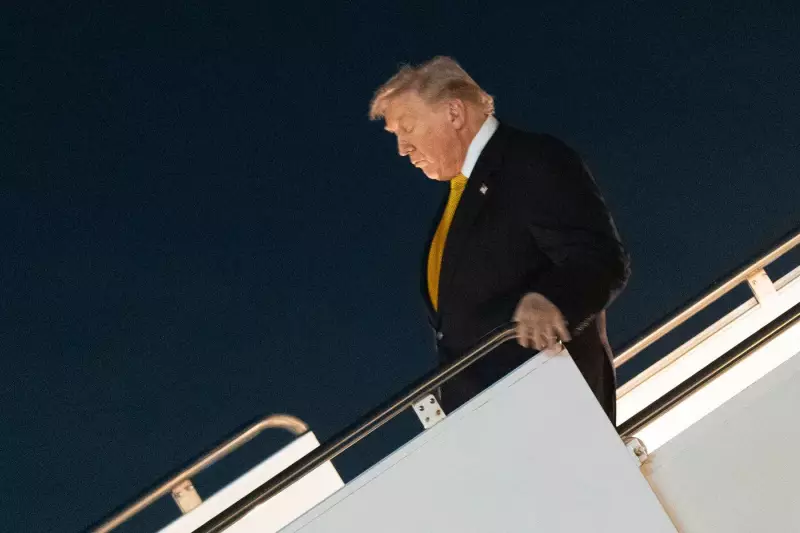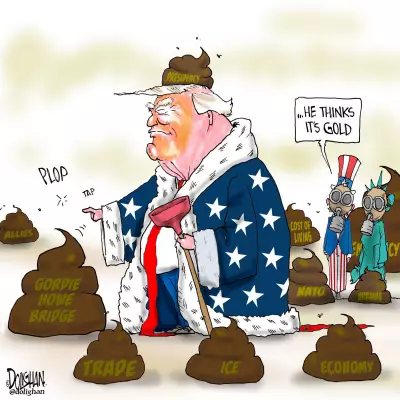
The British Broadcasting Corporation is grappling with a significant leadership crisis following the abrupt resignation of several senior news executives. The departures come amid mounting controversy over the editing of a speech by former U.S. President Donald Trump and persistent allegations of political bias within the organization.
Executive Exodus Over Trump Speech Controversy
Multiple news bosses have stepped down from their positions at the BBC after facing intense criticism for their handling of a recorded speech by Donald Trump. The incident, which occurred in early November 2025, involved questionable editing practices that allegedly distorted the context and meaning of the former president's remarks.
According to sources familiar with the matter, the editing decisions sparked immediate backlash both internally and externally. Critics accused the network of violating journalistic standards and demonstrating clear political bias in its coverage of the controversial political figure.
Mounting Pressure and Bias Allegations
The resignations represent the culmination of weeks of escalating tension within the BBC's news division. Employees had reportedly raised concerns about the network's editorial direction and what some described as increasingly partisan coverage of American politics.
The controversy emerges against the backdrop of Trump's continued political activity, including his recent appearance at Palm Beach International Airport on November 7, 2025, as documented in Associated Press coverage. The timing of the editorial misstep has amplified scrutiny on the BBC's political reporting standards.
Broader Implications for Media Credibility
This leadership shakeup at one of the world's most respected news organizations raises serious questions about media integrity and accountability. The incident has sparked broader conversations about editorial transparency and the challenges facing legacy media in an increasingly polarized information landscape.
Industry observers note that the crisis comes at a particularly sensitive moment for international media, with many organizations struggling to maintain public trust amid allegations of bias from multiple political perspectives. The BBC's handling of this situation is being closely watched as a potential indicator of broader trends in journalism standards.
As the organization moves to replace the departed executives and address the underlying issues that led to the controversy, many are questioning what structural changes might be necessary to prevent similar incidents and restore confidence in the network's editorial judgment.





